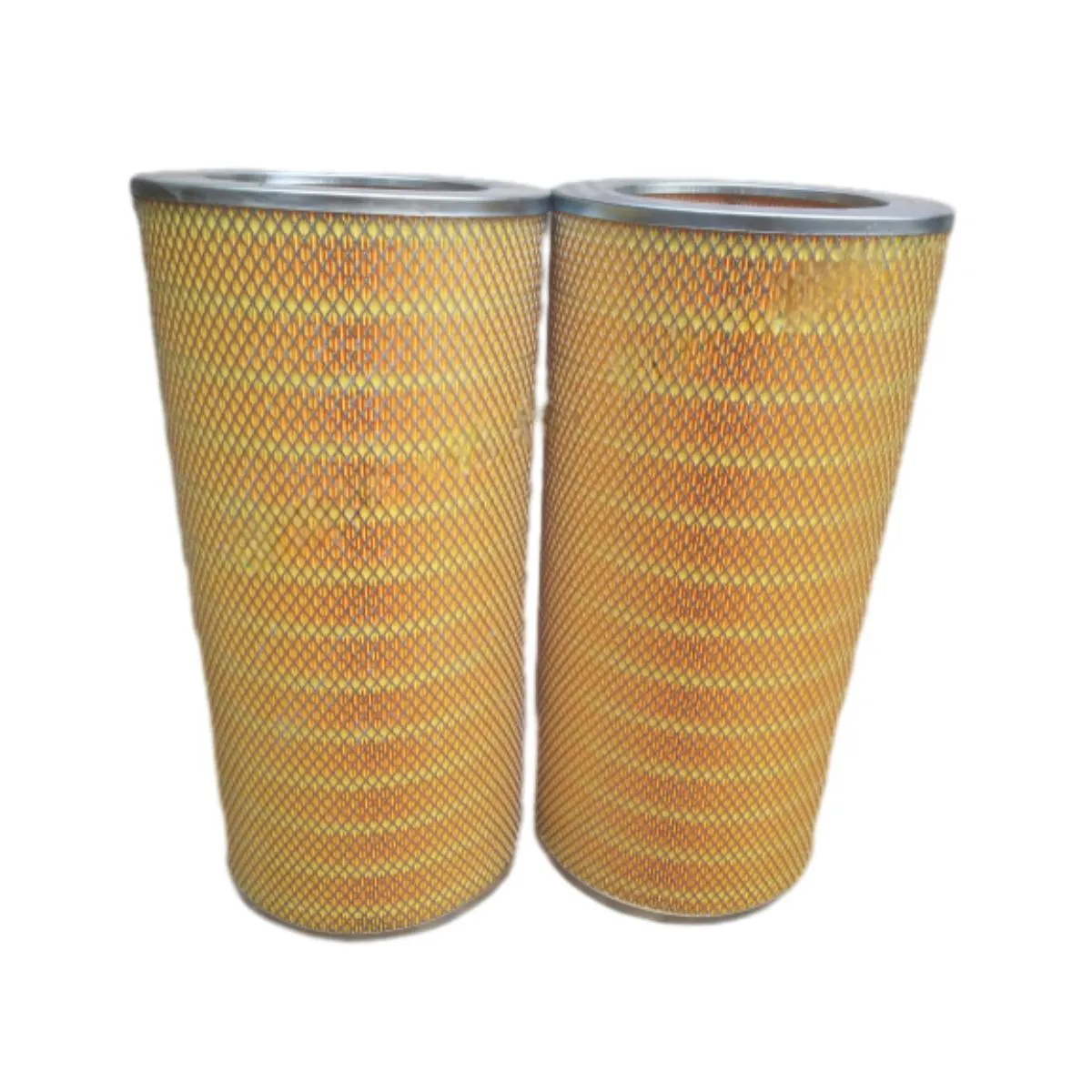 Tel:
+8618931101301
Tel:
+8618931101301
Dec . 05, 2024 12:47 Back to list
cellulose air filter cartridge
The Significance of Cellulose Air Filter Cartridges in Automotive Applications
In the world of automotive maintenance, the significance of air filters cannot be overstated. A crucial component of an engine’s intake system, air filters serve the primary function of ensuring that the air entering the engine is clean and free from contaminants. Among the various types of air filters available, cellulose air filter cartridges have gained prominence for their efficiency, cost-effectiveness, and environmental friendliness.
Understanding Cellulose Air Filter Cartridges
Cellulose air filter cartridges are made from organic fibers, typically derived from cotton or wood pulp. The production process involves creating a mat of cellulose fibers, which are then treated and formed into a cartridge shape. This natural composition allows for efficient filtration as well as good airflow, which is essential for optimal engine performance.
One of the main advantages of cellulose filters is their ability to trap particles as small as 5 microns. This capability ensures that dirt, dust, pollen, and other airborne contaminants are successfully captured before they can reach and damage the engine components. A clean air intake leads to better combustion, resulting in improved fuel efficiency and reduced emissions.
Advantages of Using Cellulose Air Filter Cartridges
1. Cost-Effectiveness One of the most appealing aspects of cellulose air filter cartridges is their affordability. Compared to synthetic alternatives, cellulose filters are generally less expensive, making them a popular choice for budget-conscious consumers.
2. Biodegradability and Environmental Impact With growing concerns regarding environmental sustainability, cellulose air filters stand out due to their biodegradable nature. Once they have reached the end of their usable life, they can decompose naturally, reducing the plastic waste common with synthetic filters.
3. Efficient Filtration The unique structure of cellulose fibers allows for both high dirt-holding capacity and reduced airflow resistance. This means that while the filter captures contaminants effectively, it doesn’t significantly impede the engine’s airflow, maintaining performance.
4. Versatility Cellulose air filter cartridges are versatile and can be utilized in a range of vehicles, from small cars to larger trucks and industrial machines. This adaptability makes them a popular choice in various automotive applications.
cellulose air filter cartridge

5. Performance and Reliability Regular maintenance with cellulose air filters can ensure the longevity of the engine. Clean air leads to better combustion, which in turn enhances performance metrics such as horsepower and torque.
Disadvantages and Considerations
Despite the advantages, it's essential to consider some limitations inherent to cellulose air filter cartridges. For example, cellulose filters may not perform as well in high-humidity conditions compared to synthetic filters. They can absorb moisture, which can potentially lead to a reduction in filtration efficiency and structural integrity.
Moreover, cellulose filters typically have a shorter lifespan than some synthetic alternatives. This means more frequent replacements, which may impact long-term cost savings if not managed properly. Therefore, users should adhere to recommended replacement schedules to maximize filtration performance and engine protection.
Maintenance and Best Practices
To derive the maximum benefits from cellulose air filter cartridges, regular checks and replacements are crucial. Automotive manufacturers often provide guidelines on how frequently air filters should be changed, usually based on driving conditions and frequency of use.
For optimal performance, drivers should inspect their air filters during routine maintenance or oil changes. Signs of a clogged filter include reduced engine performance, increased fuel consumption, and unusual sounds from the engine. Ensuring the air filter is clean and in good condition can help avoid more significant issues down the line.
Conclusion
In summary, cellulose air filter cartridges offer a balance of affordability, efficiency, and environmental benefits in the realm of automotive maintenance. Their ability to provide effective filtration while being biodegradable addresses both performance needs and ecological considerations. While they do come with some limitations, the advantages often outweigh potential drawbacks, especially for everyday drivers seeking reliable and cost-efficient solutions for maintaining engine health. As the automotive industry continues to evolve, cellulose air filters remain a staple in keeping vehicles running smoothly and sustainably.
-
Working principle of high-efficiency dust filter elementNewsJun.26,2025
-
The truth about washable filters: Does repeated use really not affect efficiency?NewsJun.25,2025
-
Effect of humidity on the performance of activated carbon filter elementsNewsJun.24,2025
-
Material selection considerations for dust removal filter elements under high temperature conditionsNewsJun.23,2025
-
Cold knowledge of air filters: Why are some designed to be pleated?NewsJun.16,2025
-
Factory direct supply! High-precision air filter element wholesale and customizationNewsJun.12,2025

 Email:
Email:





